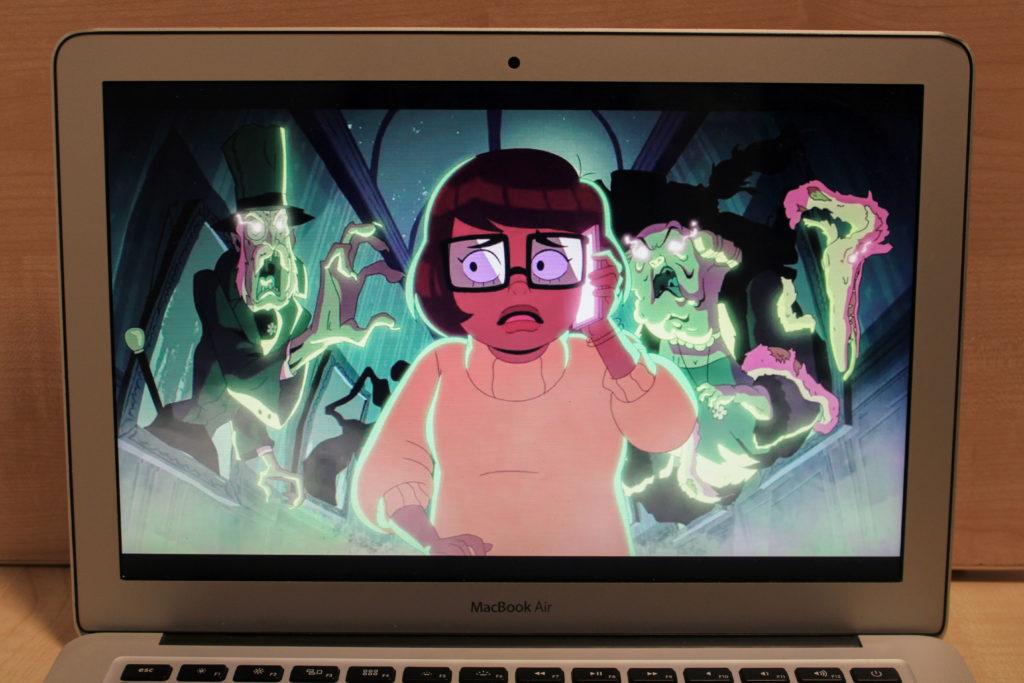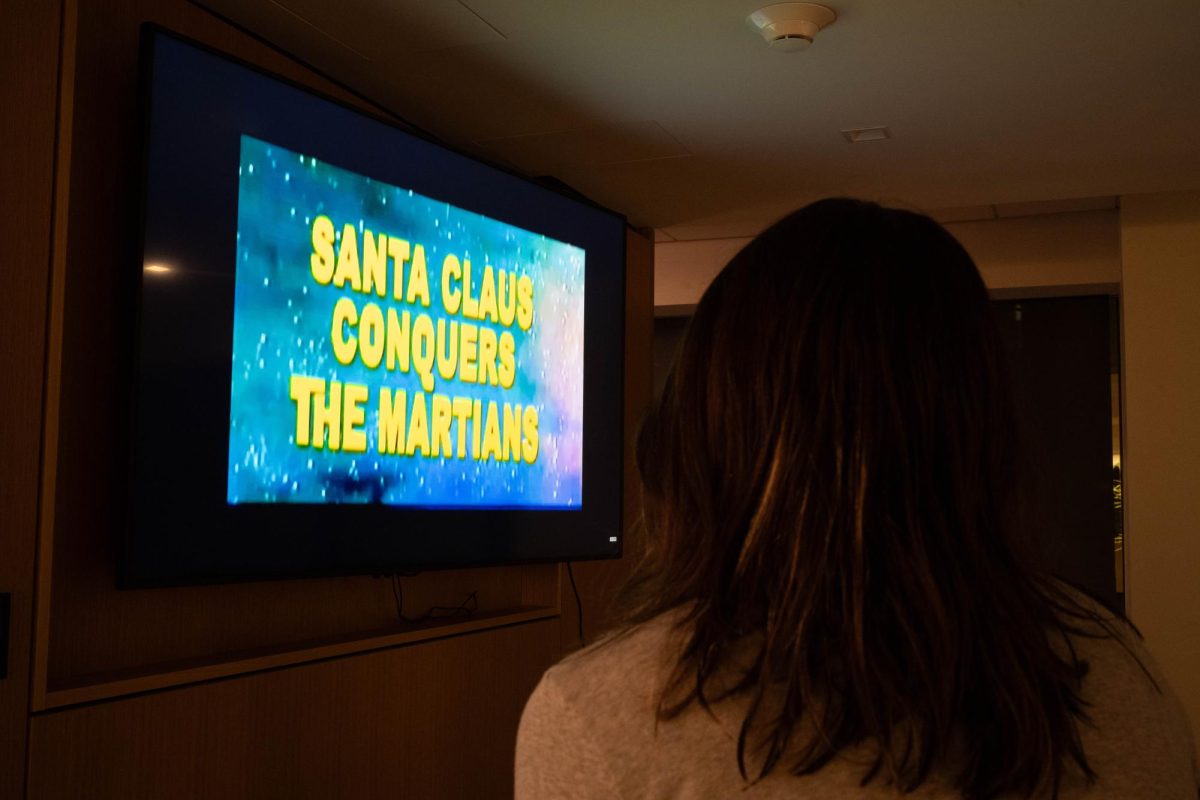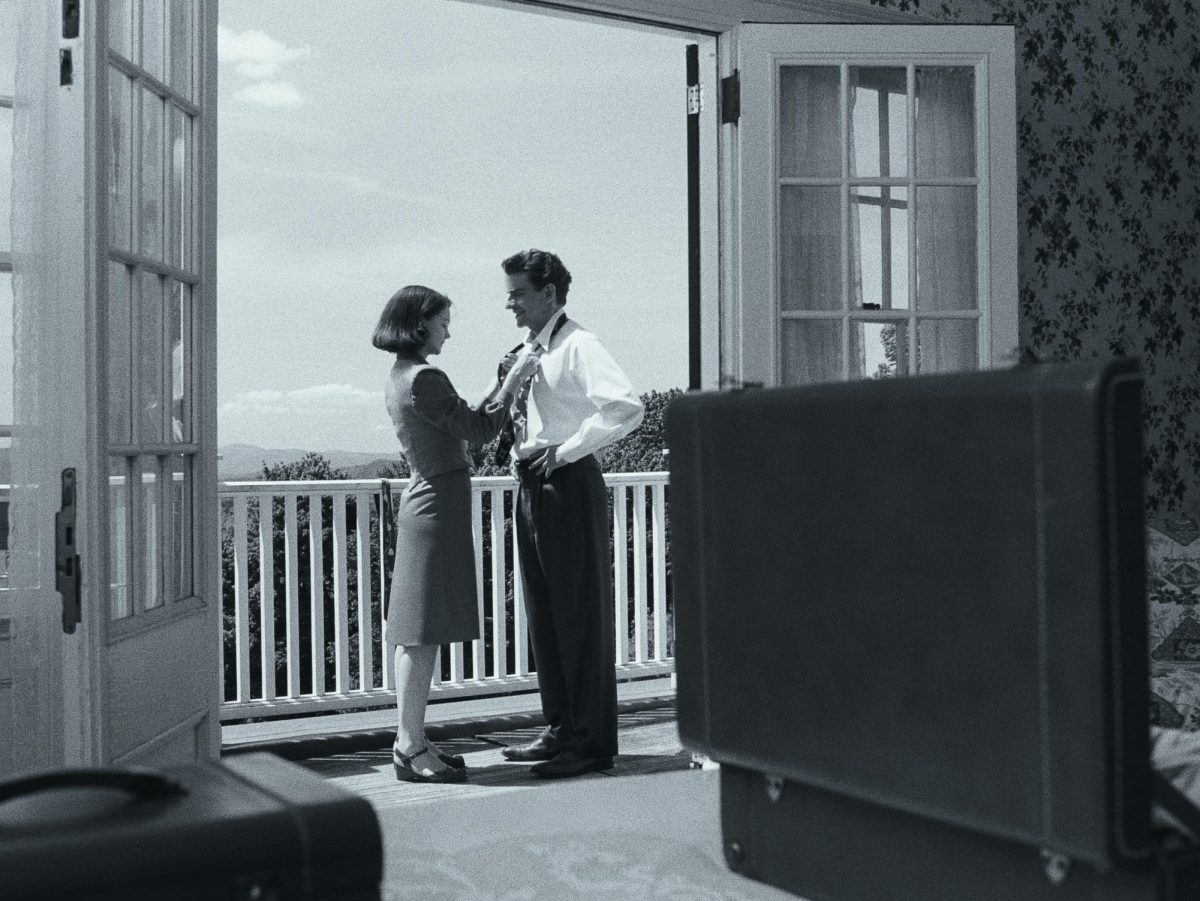In the latest “Scooby-Doo” spin-off to hit the small screen, “Velma” strays as far as it can from the renowned gang of high school sleuths, delivering an all-out disappointment for franchise fans.
Serving as a TV-MA reimagining of “Scooby-Doo,” Mindy Kaling’s latest effort “Velma” – which premiered on HBO Max earlier this month – promised adult jokes while capturing the original magic of the series with a murder mystery central to its plot. But the animated high school drama is riddled with an unfunny attempt at self-referential meta-humor that feels closer to the cringe-worthy CW teen drama “Riverdale” than anything “Scooby-Doo” related.
With the exception of the pilot – which sets up the murders of the show and Velma’s struggles over her mom’s disappearance – the six episodes released so far, out of 10 total, revolve around dramatic high school love triangles and social cliques instead of classic mystery-solving hijinks. The high school setting feels tired and played out, making liberal use of meta-jokes to make fun of common dry cliches and high school tropes. It feels as if Kaling and showrunner Charlie Grandy believe that as long as they poke fun at the show’s flaws, they don’t have to do anything to remedy them. The result is a production magnifying the worst aspects of its writing and expecting praise for it.
The show explores uncharted “Scooby-Doo” territory in the characters’ high school through issues like mental health and sexual identity. Unfortunately, these topics are handled clumsily enough to border on offensive. Velma suffers frequent episodes of hallucinations and anxiety, but the depictions of these episodes are frequently downplayed and minimized. Velma is able to turn these hallucinations on and off like a switch in certain instances. She takes laughable steps to escape her anxiety, in one episode making her best friend embarrassingly confess his feelings for her.
Viewers also get to see Velma and Daphne explore their blossoming feelings for one another. While the popular fan pairing was exciting to see on TV, Velma’s constant obsession over Fred makes this feel like an even less progressive take on the character’s sexuality than the mainline “Scooby-Doo” series, which has committed to portraying Velma as a lesbian in the 2022 film “Trick or Treat Scooby-Doo!” after being forced to remove her sexuality from the script in 2001.
Along with the updated setting, Kaling reimagines the core cast of characters unrecognizable as their original versions with new personality traits and even names. Most notably, Shaggy Rogers is no more, now going by Norville. Norville is a far cry from Shaggy – he appears well put together and has an explicit disdain for marijuana and its culture. Fred is an arrogant, spoiled, rich kid instead of a trap-obsessed doofus who loves his friends. Velma is a snarky, sarcastic and generally miserable human being with none of her trademark intellect. Instead of the simple and loveable depictions seen in other “Scooby-Doo” media, “Velma” consists of archetypical parodies of characters pulled out of thin air.
The series’ sole saving grace is its impeccable voice actors. Glenn Howerton brings a hilariously entitled energy to Fred that elevates the character above the poor writing and manages to deliver some genuine laughs with the trite material he’s given. Constance Wu gives an enigmatic performance as Daphne, capturing the queen-bee essence of her character. Sam Richardson as Norville would be a delight if the character wasn’t such a frustration any time he is on the screen. Even Kaling brings the same sarcasm and confidence her fans have come to love, and while this characterization is still an odd choice for the more socially inept Velma, her performance makes the character the least bit more bearable.
It’s hard not to feel as if this show was meant to be something else altogether, dislodged from the “Scooby-Doo” cinematic universe. After all, what sort of “Scooby-Doo” project centers around judgy high school cliques or the trial of Fred Jones, who is bizarrely charged for murder despite no real evidence against him? The glaring lack of any character’s authenticity, a concrete mystery and even the presence of Scooby-Doo himself come together to create an identity crisis for “Velma.”
Simply put, “Velma” is a show with no respect for its audience or its source material. “Scooby-Doo” may be a franchise for children, but the writers should still treat it with respect. Although the show is written for adults, the only viewers who will find any wit or charm here are too young to be watching it.
While “Velma” manages to land occasional laughs and touch on somewhat-clever concepts, it’s hard to recommend a show that seems to be filled with so much disdain for its original concept. Instead of parodying “Scooby-Doo” out of a genuine love for the series and its characters, the writers seem to resent their ties to the franchise. The result is a show that feels full of anger and hate instead of any desire to be a smart take on a beloved franchise. If you’re looking to recapture the childhood magic you felt watching “Scooby-Doo,” go watch the original series. But whatever you do, do not watch “Velma.”








